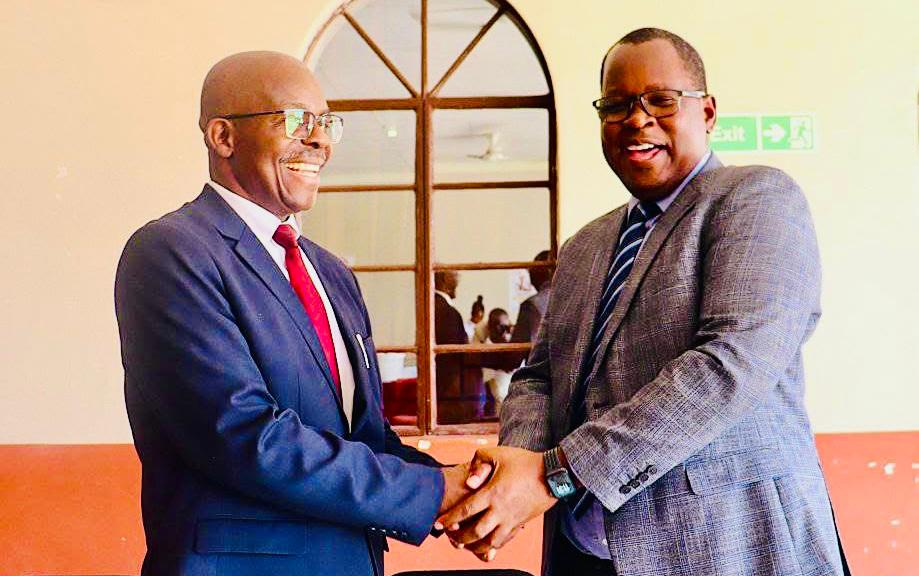Copyright nyasatimes

In a bold step toward transforming the country’s education landscape, the Malawi Institute of Education (MIE) has unveiled a new National Curriculum Framework that promises to redefine how Malawians learn, teach, and build futures — aligning with Sustainable Development Goal (SDG) 4, which calls for inclusive and equitable quality education and lifelong learning opportunities for all. The landmark reform — officially launched by MIE Executive Director Dr. Frank Mtemang’ombe alongside Principal Secretary for Education, Dr. Ken Ndala — marks a historic shift from outdated learning models to a dynamic, skills-based system designed to make education more relevant, inclusive, and globally competitive. “This curriculum is about equipping learners not just to pass exams, but to live, work, and innovate in a fast-changing world,” said Dr. Mtemang’ombe. “It is a curriculum for Malawi’s future — relevant, inclusive, and globally competitive.” From Theory to Skills: A Curriculum for the Future The new framework replaces the Outcome-Based Curriculum (OBC) with a Competency-Based Curriculum (CBC) — a learner-centred approach that focuses on practical skills, creativity, problem-solving, and innovation rather than rote memorisation. Among the major reforms are: New School Structure: Transition from the 0–8–4–4 system to a 1–6–6–3 model, introducing a Preparatory Class (P-Class) before Grade 1, six years of primary, six of secondary (with exit points at Forms 4 and 6), and three at tertiary level. Pathway-Based Learning: Secondary students will now pursue one of four specialized pathways — Social Sciences and Humanities, Arts and Sports Science, STEM (Science, Technology, Engineering and Mathematics), or TEVET (Technical, Entrepreneurship and Vocational Education and Training) — ensuring diverse, career-aligned education. Upgraded Teacher Education: Primary teacher training will now be offered at diploma and degree levels, replacing the old certificate system to enhance teacher professionalism. Integration of ICT: Digital literacy and emerging technologies will be embedded across subjects to prepare learners for the Fourth Industrial Revolution. Equity and Inclusion: The curriculum prioritises gender equality, cultural relevance, and support for learners with disabilities and those in rural areas. Building for Malawi 2063 Dr. Mtemang’ombe noted that the reform represents more than curriculum change — it is a national transformation agenda that positions education as the cornerstone of Malawi 2063, the country’s long-term development blueprint. Since launching the review process in 2023, MIE has achieved several key milestones: Conducted a national situation analysis and curriculum needs assessment; Benchmarked global best practices through surveys and literature reviews; Engaged stakeholders across public, private, and civil sectors; Hosted education conferences and study tours to inform policy design; Developed a Curriculum and Assessment Framework (CAF) to guide implementation. Gradual Rollout Ahead MIE has clarified that the new curriculum will be rolled out in phases — starting with pre-primary and Grades 1 to 4 — to ensure adequate teacher training, textbook development, and classroom readiness. “We don’t want to rush this,” said Mtemang’ombe. “Implementation will only begin once materials, resources, and teacher capacity are in place. This is not just an institutional project — it’s a national movement toward education that empowers Malawi’s youth and builds a skilled, innovative nation.” As the world moves toward knowledge-driven economies, Malawi’s curriculum overhaul represents a decisive shift — from learning for exams to learning for life — ensuring that every Malawian child, regardless of background, has a fair shot at success in the modern world.



